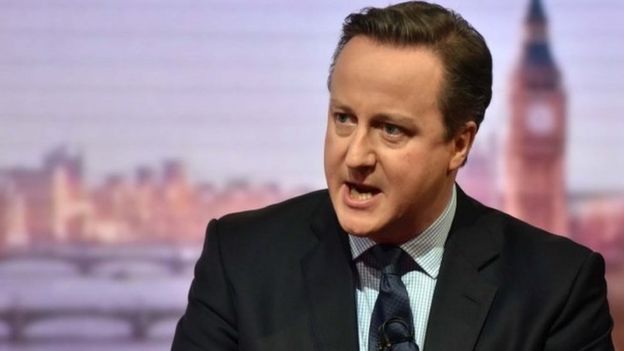Cancer Drugs Fund ‘huge waste of money’
The Cancer Drugs Fund in England was a “huge waste of money” and may have caused patients to suffer unnecessarily from the side effects of the drugs, according to UK researchers.
The fund ran from 2010 to 2016, costing £1.27bn, following an election promise made by the Conservatives to pay for cancer drugs the NHS was not funding.
The researchers found only one in five of the treatments was of benefit.
But the Tories said the fund gave patients “precious extra time”.
Nearly 100,000 patients received drugs under the scheme. It was run separately to the normal NHS process for assessing the effectiveness and affordability of new drugs, which is administered by a body called NICE.
The fund was promised by the Conservatives during the 2010 election campaign amid concern patients were not always getting access to the latest drugs.
Five things £1.27bn can pay for in the NHS (over five years)
- 10,000 nurses
- 2,500 hospital consultants
- One of England’s 10 regional ambulance services
- A one-off pay rise of 2.5% for every member of NHS staff
- An extra 20 GP surgeries
But lead researcher Prof Richard Sullivan, from King’s College London, described it as “policy on the hoof” because of the way it was announced.
“Populism doesn’t work when you are dealing with complex areas of policy like this. When it was launched it was not monitored properly. It was politically and intellectually lazy.”
He said it was not only politicians who were guilty, but leading doctors and cancer charities for not speaking out against the fund or scrutinising it more.
And he said by the end the initiative had proved to be a “huge waste of money” and a “major policy error”, saying it was telling that in 2015 the committee that controlled the fund started delisting drugs and ended up striking off more than half the treatments from the list.

The fund was eventually brought under the remit of NICE last year and is now used to pay for treatments it believes there is a case to fund.
The study, which was published in the Annals of Oncology journal, looked at the 47 treatments that were being funded by January 2015, the point at which drugs started to be listed because the cost of the fund was spiralling out of control.
They found only 18% met internationally recognised criteria for being deemed clinically beneficial.
This led them to conclude that a majority of patients may well have suffered because of side effects that the drugs can cause.
This can include anything from hair loss, upset stomachs and swelling in joints to an increased risk of stroke.
Of the drugs where there was some evidence of benefit, the average was an extra 3.2 months of survival.
Emlyn Samuel, of Cancer Research UK, agreed with the researchers that the fund “wasn’t fit for purpose”.
He said the charity would be closely monitoring the impact of the new system administered by NICE.
BBC NEWS
This entry was posted on venerdì, Aprile 28th, 2017 at 07:37 and is filed under News. You can follow any responses to this entry through the RSS 2.0 feed. You can skip to the end and leave a response. Pinging is currently not allowed.




